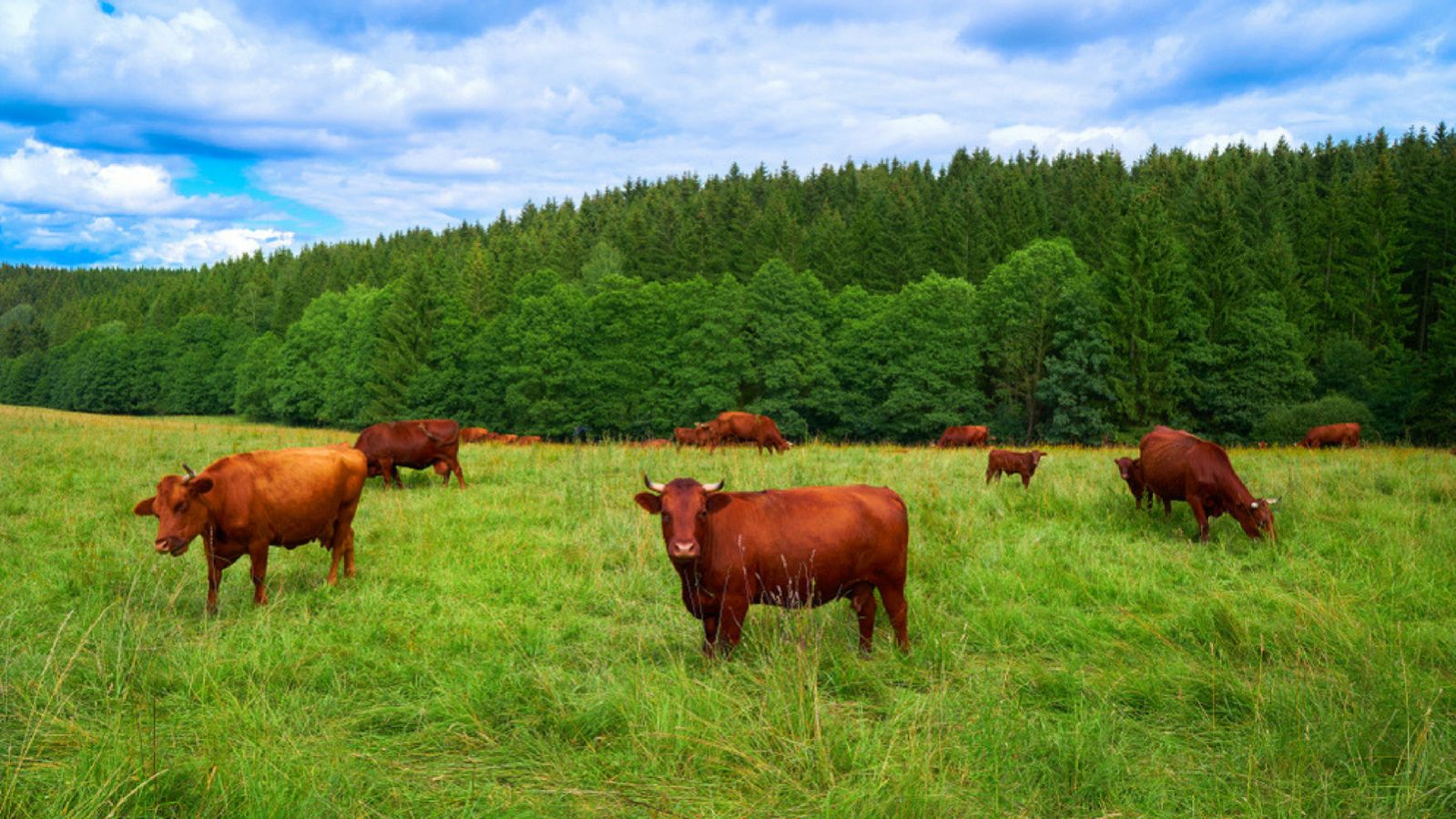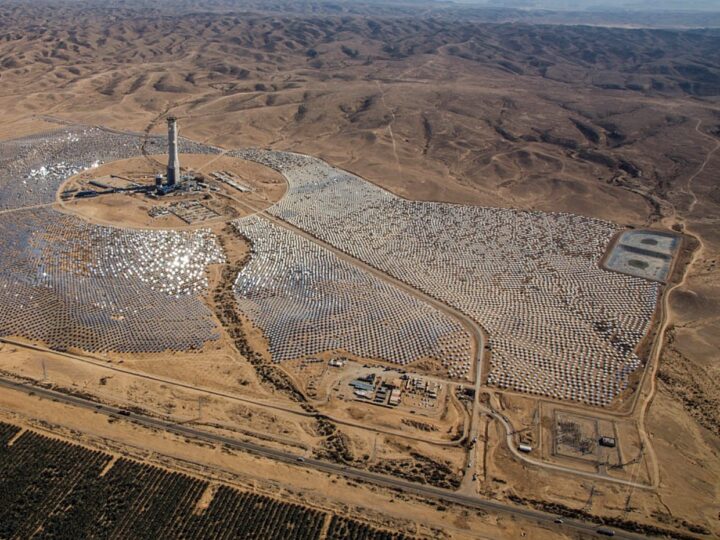When it comes to life on Earth, the world’s 7.6 billion humans are just a tiny sliver compared to trees, bacteria and even viruses, a groundbreaking new census of all life on the planet reveals.
Despite representing a mere 0.01% of all living things, however, humanity has caused the loss of 83% of all wild mammals and half of plants, the study says.
The new work, conducted by researchers at Israel’s Weizmann Institute of Science and the California Institute of Technology, is the first comprehensive estimate of the total biomass of different life forms on Earth and the impact of humanity on all of this biomass. Many of the findings suggest that much of what we think we know about the topic is based on assumption, outdated research, or incomplete estimates.
“We know that humans affect the biosphere,” says Prof. Ron Milo of the Weizmann Institute, who led the work, “but now we are able to start showing the real numbers – to quantify our impact.”
According to the study, published in Proceedings of the National Academy of Sciences, 96% of all mammals on Earth are livestock and humans, while only 4% are wild animals. Similarly, farmed poultry makes up 70% of all birds on the planet, while just 30% are wild.
“It is pretty staggering,” said Milo. “In wildlife films, we see flocks of birds, of every kind, in vast amounts, and then when we did the analysis we found there are far more domesticated birds.”
To compare the biomass of diverse life forms, from bacteria and plankton, to termites, trees, animals and humans, the researchers evaluated carbon units for each group, measured in gigatons.
They found plants to be the most dominant organism on Earth, outweighing people by about 7,500 to 1, and making up more than 80 percent of the world’s biomass. Bacteria are also a major life form, making up 13% of everything. All other creatures, from insects to fungi, to fish and animals, make up just 5% of the world’s biomass.
These numbers may not be exact, but understanding the relative estimates for biomass is what enables one to look at the “big biomass picture”, the study authors said.
Another surprising discovery is that even though most of Earth’s surface is covered by ocean, marine life represents just 1% of all biomass, while the majority of life is land-based. The impact of humankind, with three centuries of whaling, has left just a fifth of marine mammals in the oceans.
“I would hope this gives people a perspective on the very dominant role that humanity now plays on Earth,” Milo said, adding that our dietary choices in particular have a vast effect on the habits of animals, plants and other organisms.
















